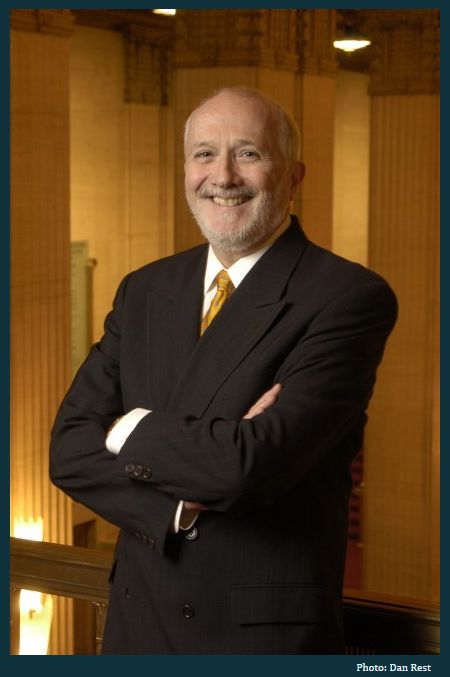

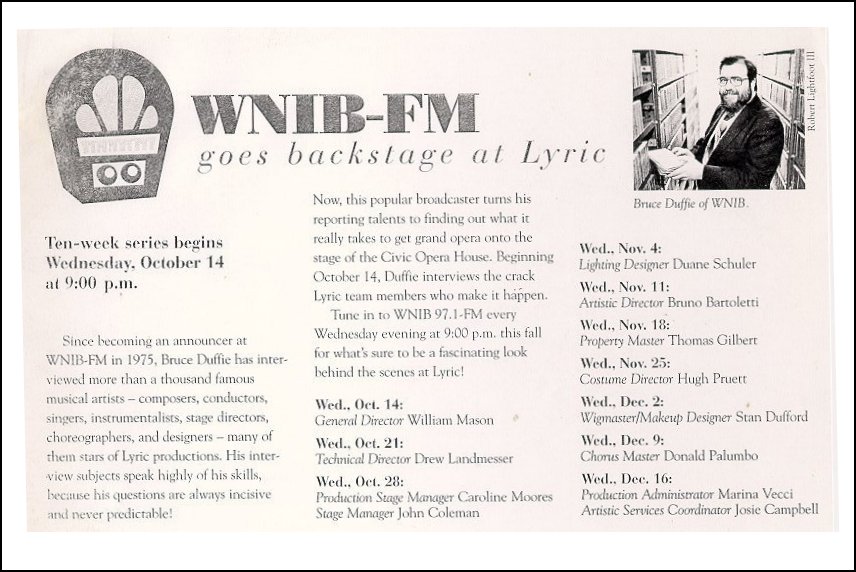
|
The Italian government had bestowed on Bartoletti the rank of Cavaliere di Gran Croce della Repubblica Italiana. He was also a member of the Accademia di Santa Cecilia, and a winner of the Abbiati Prize. In his later years, Bartoletti taught at the Accademia Chigiana in Siena. |
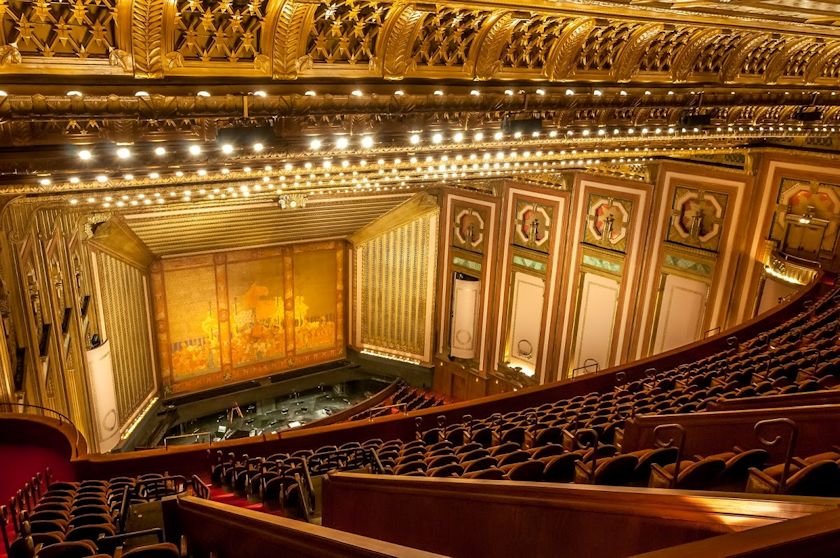
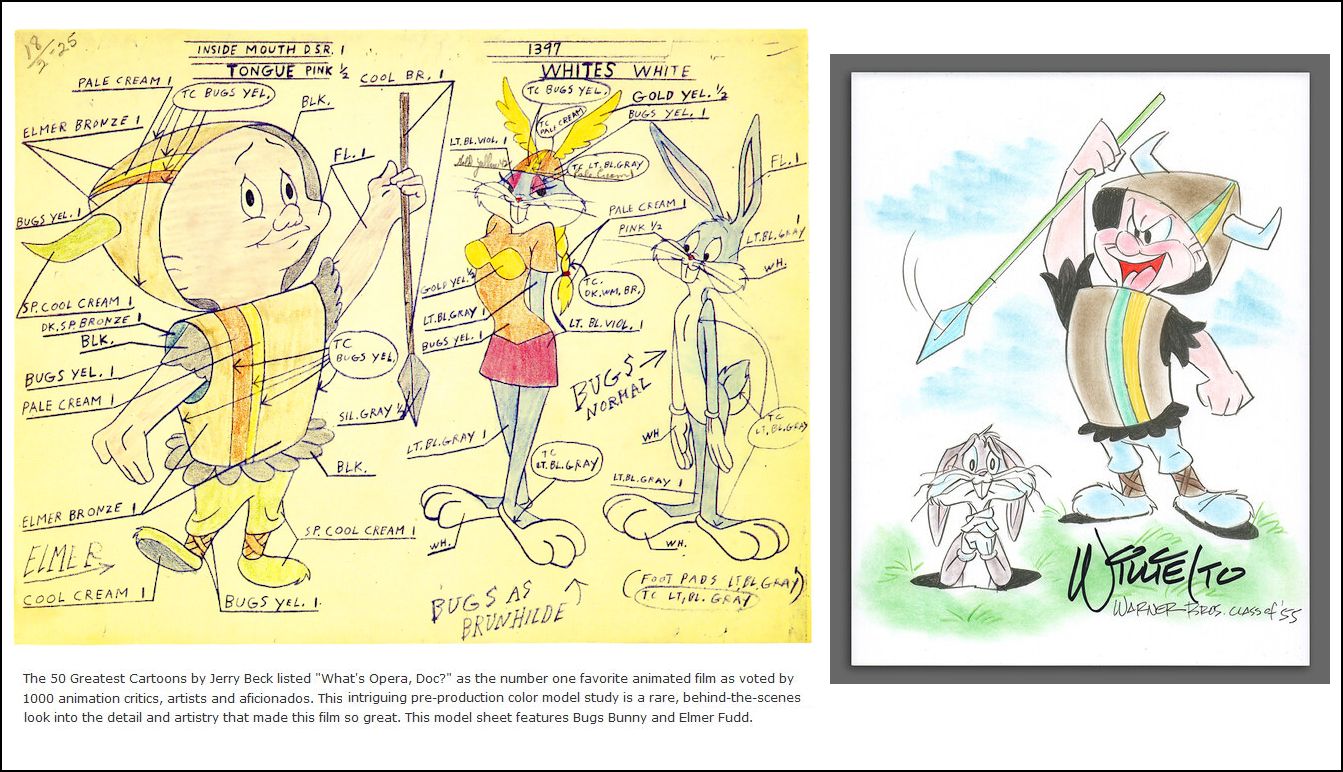
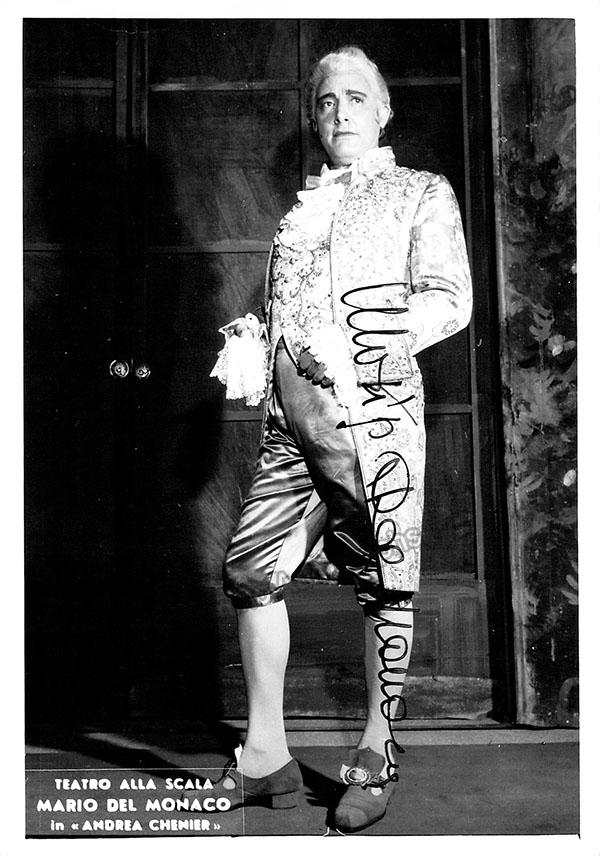 BD: They knew their own staging?
BD: They knew their own staging?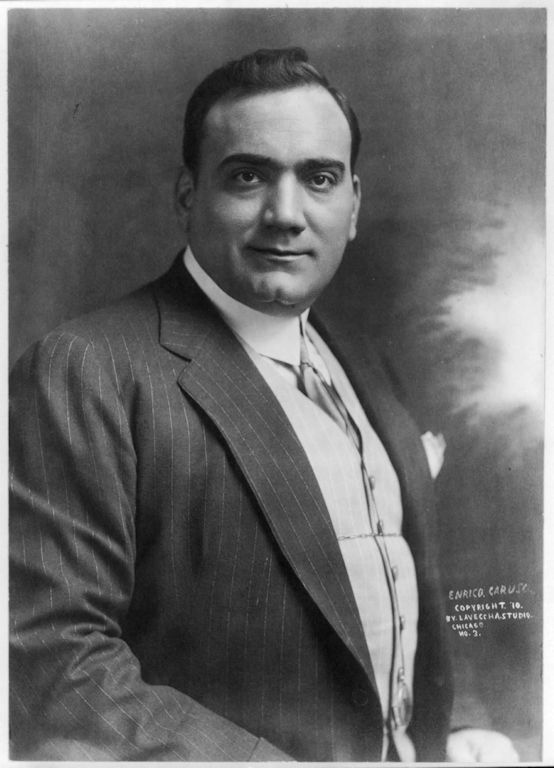 BD: How do you know that the specific voices you contract
will still be in good shape?
BD: How do you know that the specific voices you contract
will still be in good shape?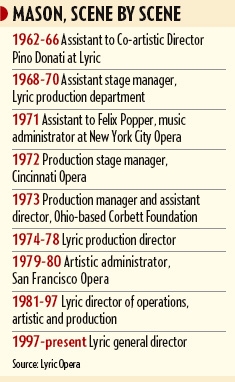 BD: What about running the production backstage?
BD: What about running the production backstage?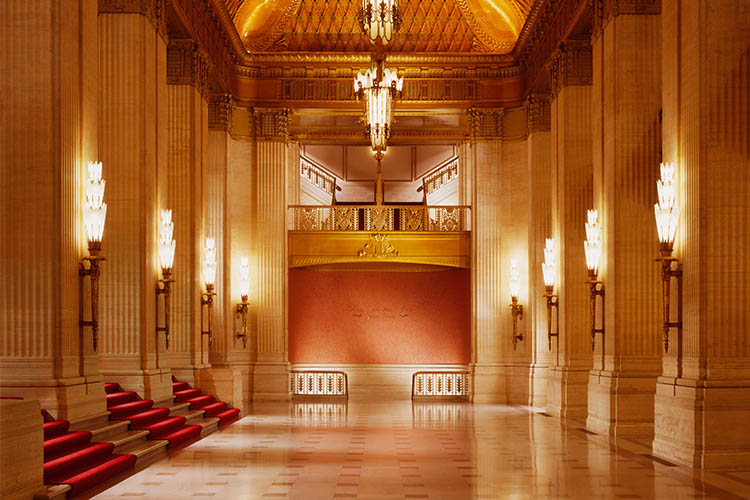 Mason: That was it, plus being in
the children’s chorus of Carmen and Bohème. That
was the extent of my professional operatic experience.
Mason: That was it, plus being in
the children’s chorus of Carmen and Bohème. That
was the extent of my professional operatic experience.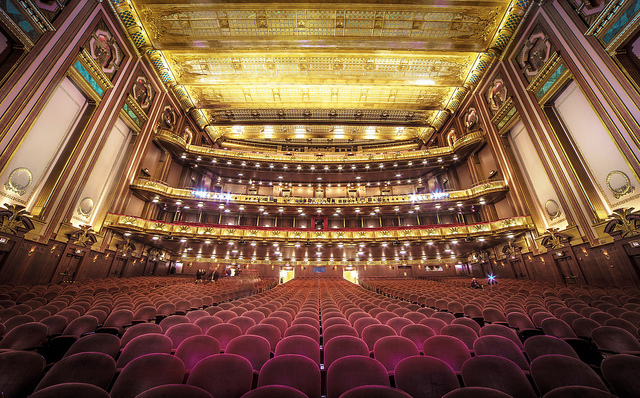 BD: So, you really need to immerse yourself.
BD: So, you really need to immerse yourself.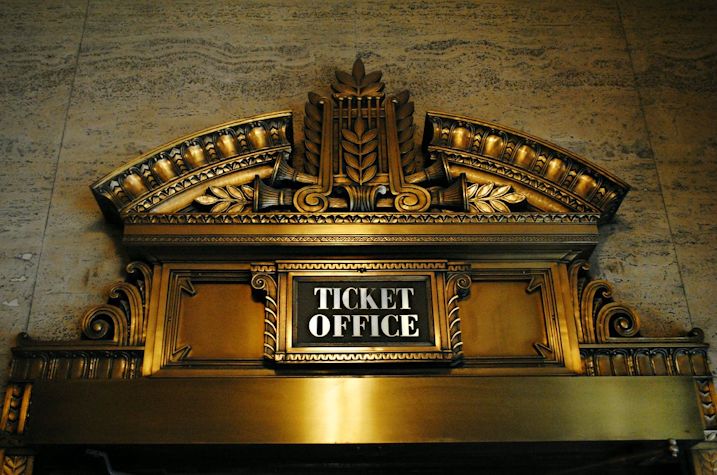 BD: We’re dancing around it, so let me ask one last
philosophical question. What’s the purpose of opera?
BD: We’re dancing around it, so let me ask one last
philosophical question. What’s the purpose of opera?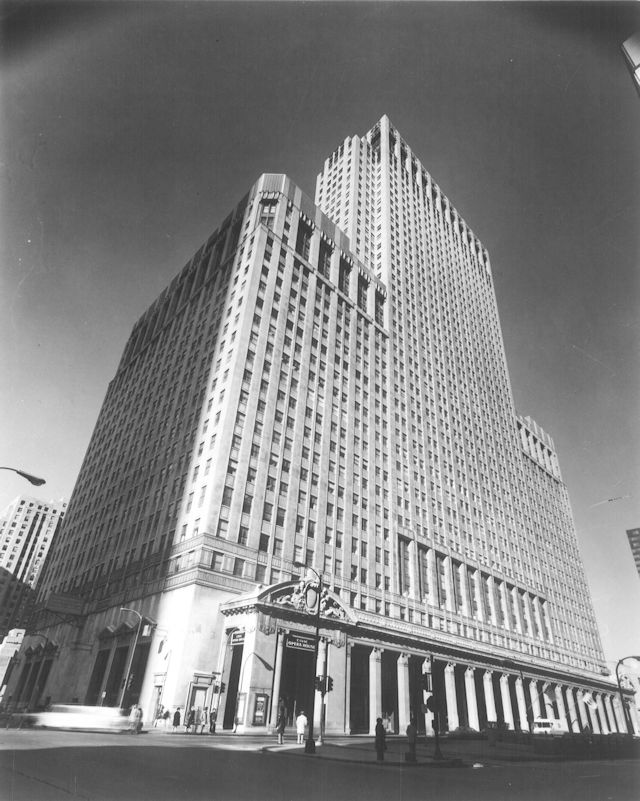 Mason: Absolutely. This is a
great city.
Mason: Absolutely. This is a
great city.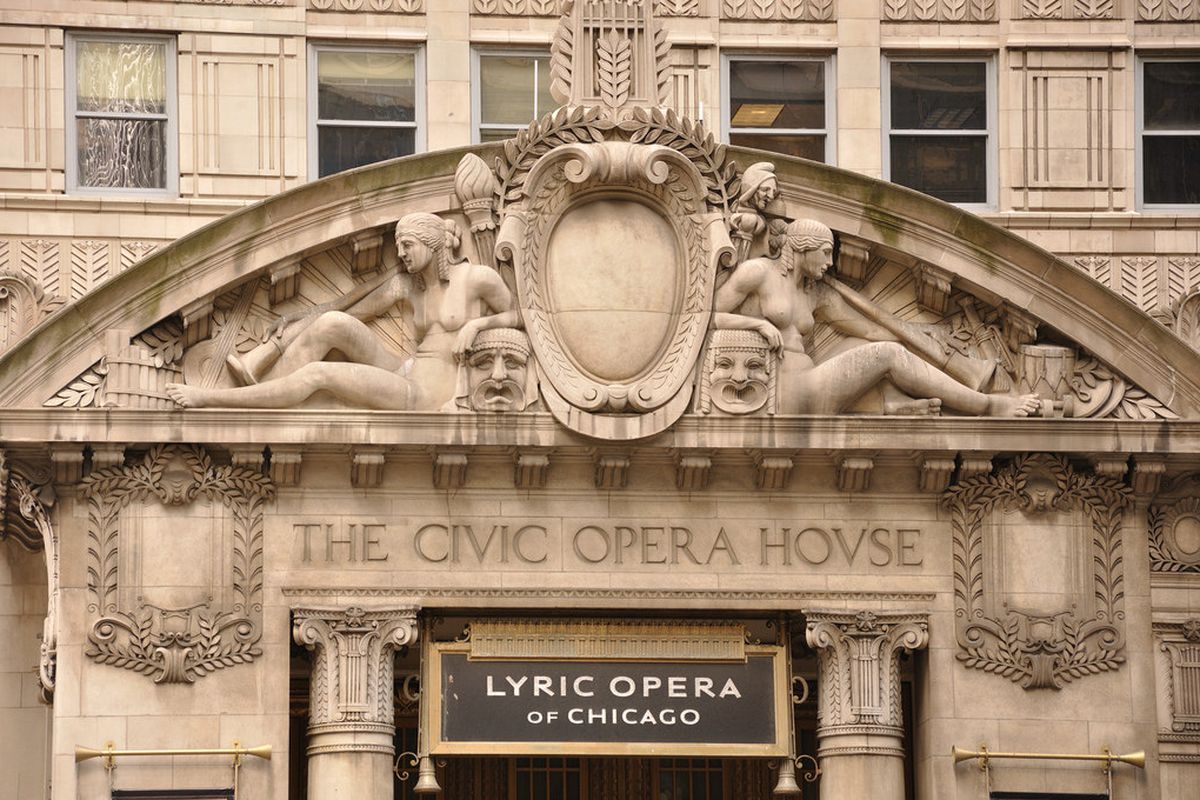
© 1998 Bruce Duffie
This conversation was recorded in William Mason’s office in the Civic Opera House of Chicago on July 14, 1998. Portions were broadcast on WNIB the following October, and again in 1999. This transcription was made in 2021, and posted on this website at that time.
To see a full list (with links) of interviews which have been transcribed and posted on this website, click here.
Award - winning broadcaster Bruce Duffie was with WNIB, Classical 97 in Chicago from 1975 until its final moment as a classical station in February of 2001. His interviews have also appeared in various magazines and journals since 1980, and he now continues his broadcast series on WNUR-FM, as well as on Contemporary Classical Internet Radio.
You are invited to visit his website for more information about his work, including selected transcripts of other interviews, plus a full list of his guests. He would also like to call your attention to the photos and information about his grandfather, who was a pioneer in the automotive field more than a century ago. You may also send him E-Mail with comments, questions and suggestions.